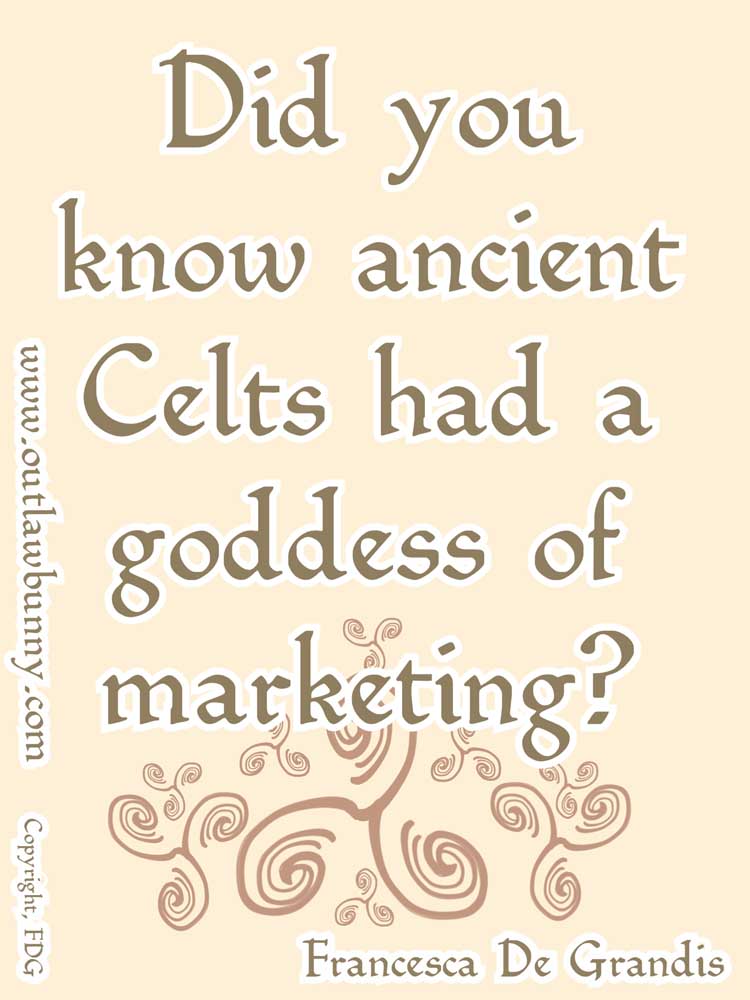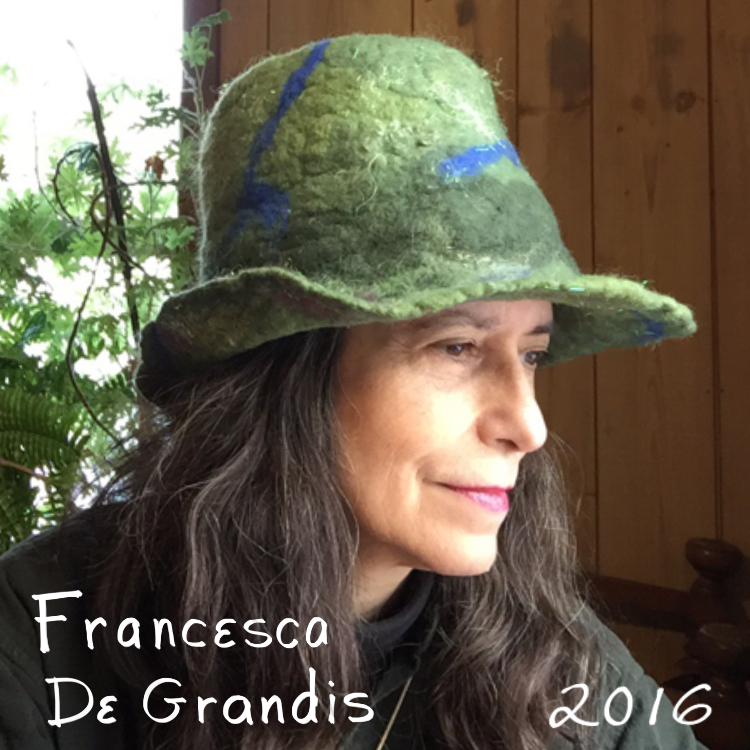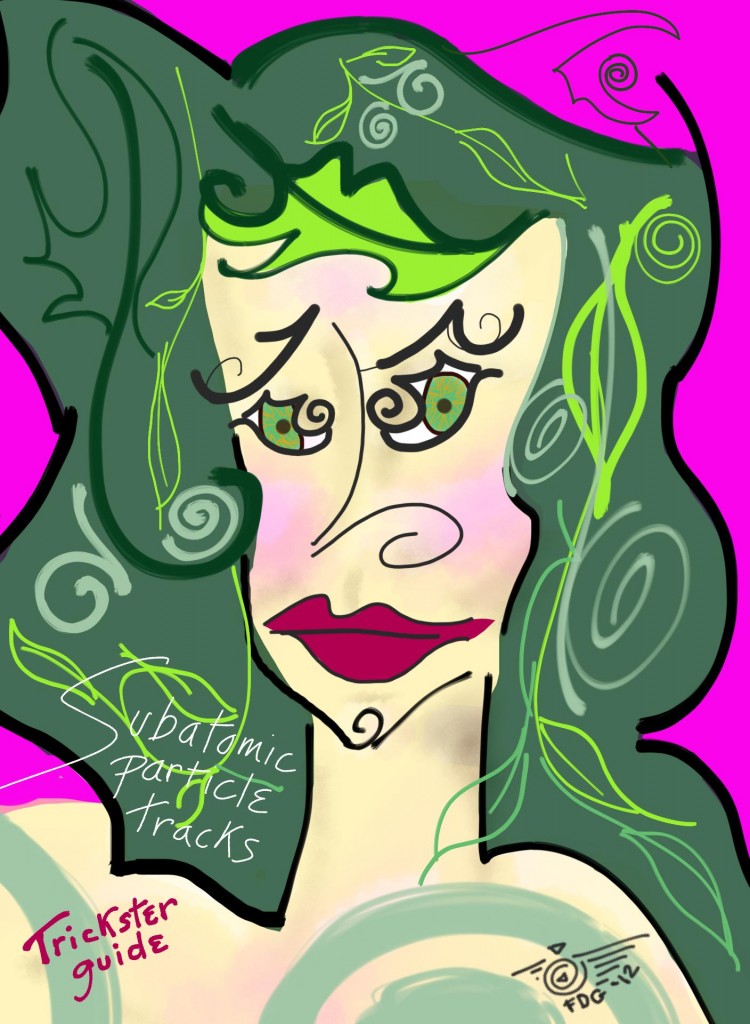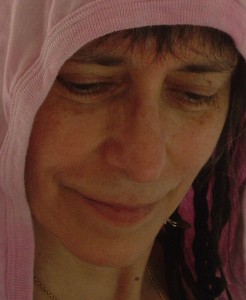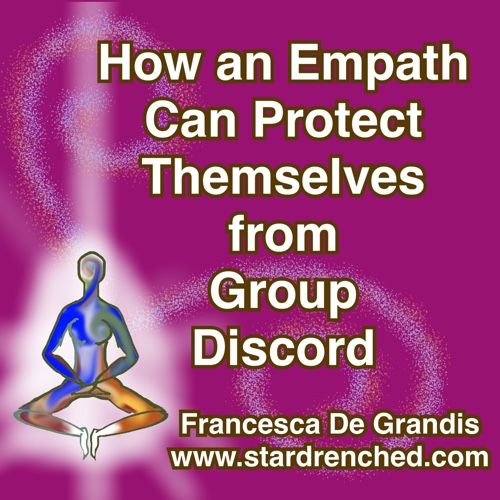 If you’re an empath being hurt by a group’s emotional distress, the following liturgy can help safeguard you. The liturgy is also a good idea when you see a group’s emotional uproar on the horizon.
If you’re an empath being hurt by a group’s emotional distress, the following liturgy can help safeguard you. The liturgy is also a good idea when you see a group’s emotional uproar on the horizon.
The group could be a family, nation, all nations as a whole, colleagues at your workplace, or other group.
The liturgy also helps provide defense against troubling emotions that an individual in the empath’s vicinity has.
Background:
* An empath is a person who picks up and actually experiences other peoples’ emotions. This experience can be distressing and overwhelming, especially when someone near the empath is having immense rage, terror, or comparable distress.
* An empath can use psychic safeguards to keep those disturbing feelings at bay.
* I believe an empath might pick up terrible national or international ambience—feelings of terror or other anguish. Such a huge group’s uproar can slam into the empath. Safeguards are needed.
I also believe the blows suffered from national or international distress are likely to hit the empath’s subconscious mind. The empath suffers without knowing the source of their pain.
If the liturgy discusses issues that feel irrelevant, I suggest you use it anyway, unchanged, as an experiment. Some things don’t seem useful until you use them. For one thing, the liturgy’s ideas and magics are geared less to how your mind reacts to them, and more to how your gut instincts respond.
Also, I boiled down some of my theories into this liturgy, so this brief poesy covers a great deal of ground, both by implying it and through outright statements. In addition, the best means for conveying my theories was through lyric, to provide experiential learning of the liturgy’s overt and implied ideas.
To use the liturgy, simply recite it, silently or aloud, very slowly, perhaps pausing after each line. The liturgy has two parts, both of which have a title. Those titles, as well as the title of the piece as a whole, are part of the liturgy’s magic, so include all the titles in the recitation.
Empath Protection Liturgy
Part One:
I Repudiate, Reject, and Repel
Invaders and Presumptions:
I am not a dark hole you have a right to fill or to feel.
I am and own the dark emptiness
that is the source of all creativity,
from which springs projects and progeny
I myself—not you—initiate.
My life and soul
—my empty darkness—
are filled and felt by me;
they—not you—are my source.
Part Two:
I Claim My Life; I Live My Life;
I Love My Life; I Myself Fill My Life:
I am and own the dark emptiness,
the originator of all creation and creativity,
the original creation and creativity,
the source of all creativity.
I am the source of projects and progeny I initiate.
My life and soul—my empty darkness—are filled and felt by me;
they are my source.
They are the source of all goodness.
So mote it be!
An aside, which is a theory of mine: one reason a patriarchal culture deprives women of control over their own bodies is it’s an effective way to make women view themselves as mere receptacles for other people to use/fill however they want. Once that idea is instilled, it affects all parts of a woman’s life; she is supposedly an emptiness someone else has the right to fill for childbearing, sex, negative shadow projections, and more. Even when a woman knows better, such a belief can operate powerfully in her on a subconscious level, causing major problems. The feminine void is the original power, but oppressors, not wanting women to know that, try to reduce a woman’s emptiness to a commodity that she has no right to, but that greedy people have the right to use/control. End of aside.
————————————————————————
Dear reader, gaining power can be challenging, but sometimes it can be easy and fun. My book, Baba Yaga’s Apprentice, is an easy, fun read. And it’s perfect for you if you’re empathic, introverted, exceptionally magical, or sensitive psychically. The book has other benefits as well. Check it out: https://stardrenched.com/2017/02/28/baba-yagas-apprentice/

